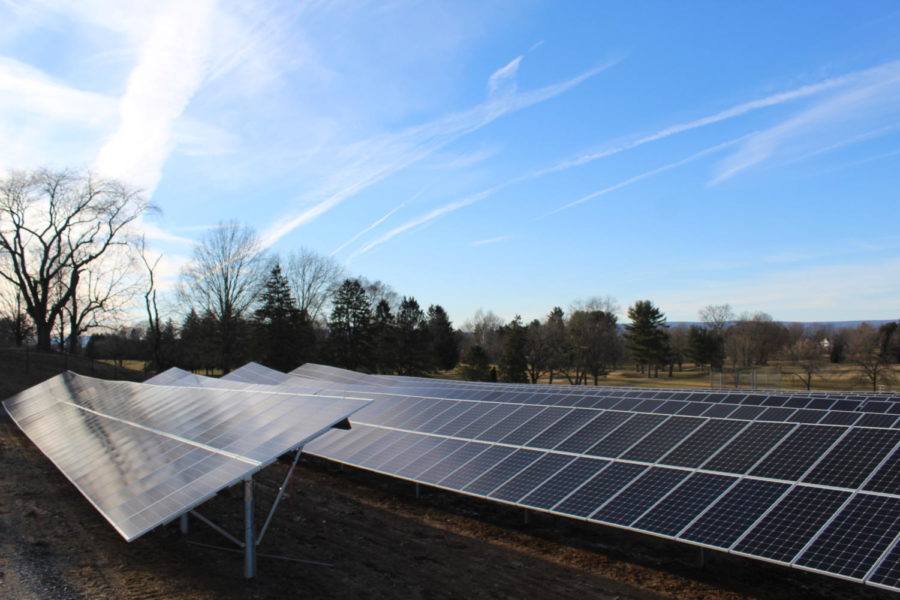University faces hurdle on path to sustainability
September 16, 2022
In the wake of natural catastrophes, estimates about climate change and reignited social welfare movements, the pressure for centers of higher education to make a commitment to eco-friendly goals is on.
The recently published Bucknell University Sustainability Report showed that the university is flourishing in some areas but still has a lot of work to be done in others—particularly as a result of the pandemic.
Since 2005, the University’s Center for Sustainability & the Environment has led the way for initiatives like campus greening, protection of the Susquehanna River and environmental humanities. Every year since, the center has published a report to shine light on its accomplishments and goals.
The United States Department of Energy reported that colleges and universities across the country emit as much carbon as eight million homes and the World Wildlife Fund calculated that schools throw away 530,000 tons of food a year.
University officials have said Bucknell’s location and resources situate it to lead the way on sustainable development and infrastructure changes that can lead to less energy consumption and waste.
The Sustainability Report highlighted the Earth Day 2022 celebrations. These included a Sustainability Townhall and Symposium which facilitated discussions between community members and illuminated some of the work done by students, faculty and notable community members on behalf of Bucknell’s sustainability goals.
The report also discussed actions by The President’s Sustainability Council, which seeks to encourage cooperation between faculty, students and other green organizations in order to make Bucknell’s campus more eco-friendly.
Their notable projects include the developing Campus Path/Sustainability Trail, the Living Landscapes project, which seeks to revitalize historic trees surrounding campus, and the establishment of the Sid Jamieson Fellowship, named after first coach of Bucknell’s Men’s Lacrosse team in 1968 and the only Native American head lacrosse team coach in the history of the NCAA.
The fellowship aims to highlight indigenous stories that have been excluded from discussions surrounding Bucknell’s history.
Many of Bucknell’s sustainability initiatives are centered around student engagement and opportunities for education, with the council even proposing the creation of a course designed to teach students about climate change and development.
The report writes that COVID-19 proved to be an obstacle to Bucknell’s sustainability goals, with increased food waste and packaging to mitigate the spread of the virus.
Now, Director of Campus Sustainability Victor Udo hopes that Bucknell’s practices will become “COVID-19 informed” as we transition back into a normal academic year. This includes efforts to lower the volume of food packaging waste.
While the Sustainability Council seeks to cultivate opportunities for education and engagement, students still have a responsibility to make an individual commitment to conscious consumption and climate-friendly contributions. This can include little things like ordering fewer packages to the mailroom, using a reusable water bottle or walking to class instead of driving.
Students can get involved by volunteering time at the Bucknell Farm, purchasing a Bostwick reusable container or take a course in the environmental studies department.






















